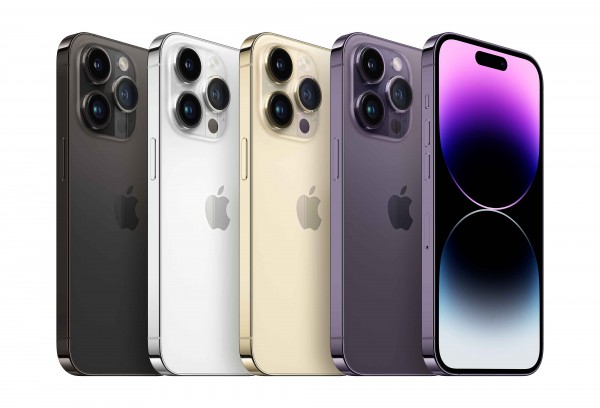The first factor to consider when talking about the lifespan of an iPhone is the build quality. Apple is known for its attention to detail when it comes to the design and manufacturing of its products, and the iPhone is no exception. From the materials used to the precision of the assembly, iPhones are built to last. Apple uses high-quality materials like aluminium and glass for the casing and screen, which makes them resistant to scratches, dings, and cracks. However, accidents can still happen, so it's important to protect your phone with a case and screen protector.
Another important factor that contributes to the lifespan of an iPhone is the battery. The battery life of an iPhone is dependent on how it's used and how well it's maintained. Over time, the battery's capacity will decrease, which can lead to shorter battery life and the need for more frequent charging. However, there are things you can do to extend the life of your iPhone's battery. For example, turning off features like Bluetooth and Wi-Fi when you're not using them can help conserve battery life. You can also adjust the brightness of your screen, which can have a significant impact on battery life.
Software updates are also a factor that can affect the lifespan of an iPhone. Apple regularly releases software updates that can improve the performance of the phone and add new features. However, these updates can also cause older iPhones to slow down or experience other issues. This is because the newer software is designed to work with the latest hardware, which older phones may not be able to handle. When this happens, it can be frustrating for users who feel like their phone is no longer working as well as it used to. However, it's important to note that Apple has been improving its software updates over the years to ensure that they work well on older iPhones. For example, iOS 12, released in 2018, was designed to work on phones as old as the iPhone 5S, which was released in 2013.
The lifespan of an iPhone is also dependent on how well it's taken care of. Regular maintenance can go a long way in extending the life of your phone. This includes keeping the phone clean, avoiding exposure to extreme temperatures, and protecting it from drops and other accidents. Additionally, regular backups and software updates can help ensure that your phone is running smoothly and prevent data loss in the event of an accident.
It's important to note that the lifespan of an iPhone can vary depending on the model. Older iPhones may not be able to handle the latest software updates, and they may be more susceptible to wear and tear. However, newer iPhones are typically built with more advanced technology and materials, which can make them more durable and long-lasting. For example, the iPhone 12 has a ceramic shield front cover, which is four times more resistant to damage from drops than previous models.
So, how long can you expect your iPhone to last? There's no definitive answer to this question, as it depends on a variety of factors. However, with proper care and maintenance, you can expect an iPhone to last for several years. Apple typically supports iPhones with software updates for about five years, which means that you should be able to use your phone for at least that long. Additionally, iPhones can often last even longer if they're well-maintained and used properly.
In conclusion, the lifespan of an iPhone depends on a variety of factors, including the build quality, battery life, software updates.


0 Comments